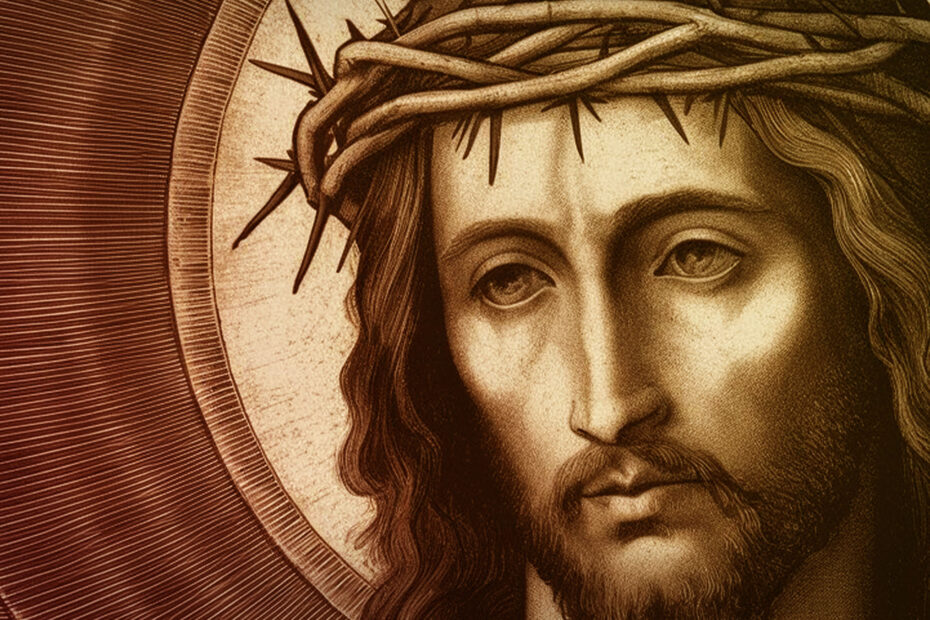By Judie Brown
These are trying times for faithful Catholics. From the fraudulent Joe Biden who wears his Catholicism like a cheap suit to Catholic prelates who avoid reprimanding Biden, the offenses to the Lord are everywhere. When the president of the United States insults the body of Christ by supporting abortion while claiming to be Catholic, and does so with impunity, we cannot help but wonder what in the world our Catholic bishops are thinking.
We know that the sacrament of the Eucharist transcends politics, but we also know that where disdain for Catholic truth exists, we are called to be valiant in our defense of it.
Spiritual fathers such as Saint John of the Cross remind us that it is our mission to “live in the world as if only God and your soul were in it; then your heart will never be made captive by any earthly thing.” And in our own time we thank Australian Archbishop Anthony Fisher for challenging us “to be serious about being saints for our time.”
Such messages are clear: In our quest to defend the body of Christ from sacrilege and the preborn child from death, we must be bold. Injustices such as the abuse of the Eucharist and of human beings require courage, not silence. Reading this, you might wonder why I quoted an archbishop from halfway around the world, and the reason is that he is alive with a faith that I have not seen among our own bishops in recent years.
When someone courageous like Bishop Joseph Strickland does stand up in defense of Christ, he is punished. Yet when Bishop John Stowe of Lexington, Kentucky, emphasizes his support for LGBTQ persons in public, his brother bishops and the pope, for that matter, are silent. So what gives?
The answer may not appear to be a simple one, but then again, perhaps it is. Archbishop Athanasius Schneider recently provided a prescription for a return to holiness, writing:
It would be a pastorally urgent and spiritually fruitful measure for the Church to establish in all dioceses of the world an annual “Day of Reparation for the crimes against the Most Holy Eucharist.” Such a day could be the octave day of the Feast of Corpus Christi. The Holy Spirit will give special graces of renewal to the Church in our days when, and only when, the Eucharistic Body of Christ will be adored with all Divine honors, will be loved, will be carefully treated and defended as really the Holiest of Holies. Saint Thomas Aquinas says in the hymn Sacris sollemniis: “O Lord, visit us to the extent that we venerate you in this sacrament” (sic nos Tu visita, sicut Te colimus). And we can say without doubt: O Lord, you will visit your Church in our days to the extent that the modern practice of Communion in the hand will recede and to the extent that we offer to you acts of reparation and love.
Restoring the practice of prayerfully receiving Our Lord in the sacred host on our tongue is not only a sign of respect, but it is a reminder of exactly who is present in this sacrament most divine.
By doing this with reverence and on purpose, we are saying to Christ that no matter how much the world disrespects Him and His babies, so much the more do we—by our words, actions, and deeds—desire to love Him.
Years ago, when I attended an Ignatian retreat led by Father James Buckley, FSSP, (1937-2023) he emphasized the value of one simple prayer—the Anima Christi. Since that day it has become the center of my prayer life. Reflecting on it helps each of us place all the world’s evil in the trash can of man’s irreverence as we pray for them, especially those most in need of Christ’s mercy:
Soul of Christ, sanctify me.
Body of Christ, save me.
Blood of Christ, inebriate me.
Water from the side of Christ, wash me.
Passion of Christ, strengthen me.
O Good Jesus, hear me.
Within your wounds hide me.
Permit me not to be separated from you.
From the wicked foe, defend me.
At the hour of my death, call me
and bid me come to you
That with your saints I may praise you
For ever and ever. Amen.
